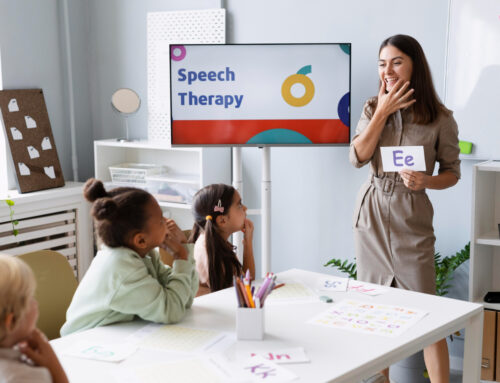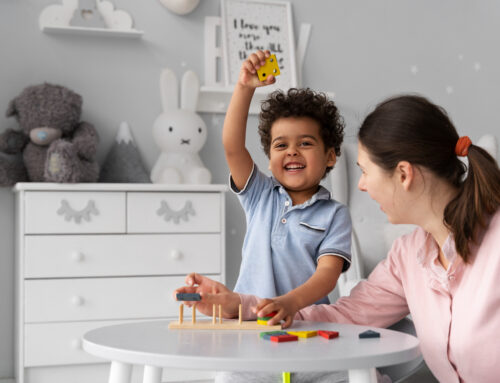
- Parents, foster parents, day-care providers, and guardians of children who require therapy services are in a valuable position regarding plan-of-care development: you know the child better than anyone else involved in their care. You are around them more around-the-clock than any other person in their lives. This means that, compared to an occupational therapist who only visits the child a few times in a month, you know the child’s:
- Daily schedule, structured and unstructured pieces of their days
- Talents, hobbies, and interests
- Favorite foods, movies, toys, songs, etc.
- Struggles or challenges
- Personal and environmental barriers to success
- Triggers for poor or maladaptive behavior
- Dreams or aspirations
- Comforts and discomforts
- Friends or other individuals they consistently interact with
- Chores or other work-related activities that are expected of them
Occupational therapists who come into a home in order to evaluate and treat a child are in desperate need of this information. As mentioned before, the OT is a complete stranger as compared to any caretaker in the child’s life. So, why does an OT need this kind of information?
- To develop rapport with your child. Like any other human being, a child is receptive to someone else when they share or acknowledge their interests and know how to talk to them effectively. By providing the OT with this information about your child, you might save a lot of time and trouble which means that your child’s therapy time is put to better use.
- To create goals that best suit your child’s needs. In some cases, parents and/or their children have goals that don’t sound particularly enticing like learning how to crawl, how to feed themselves with a spoon, how to walk, how to improve their handwriting for school, how to handle transitions better, etc. If you help add information about your child to the plan, goals can take on a more exciting appearance such as learning how to ride a bike, how to eat chocolate pudding, or how to crawl to grandma. Thus, the drab-sounding but necessary developmental goals still get addressed while peaking the child’s interest.
- To conduct interventions that are meaningful and effective for the child. The child will probably be more engaged in therapy interventions if the OT introduces activities in which they are comfortable with or find fun. Furthermore, this gives the therapist some leverage so that the child still participates in essential tasks that may not be as interesting.
So, what can you do to better investigate and notice your child’s preferences? There are many times in which parents and caregivers don’t know this information, whether by no fault of their own or due to unrecognized neglect. Here’s how you can learn more about your child in order to better their therapy sessions:
- Put down the screen. We live in a world in which every adult who walks the earth has access to a cellphone, a laptop, television, or some other digital screen. We are constantly sucked into Facebook, twitter, news, online work, or texts for good reasons and for simply wasting time. Unplug for a while, walk away from the screen and visit with your child. You just might be missing the essential pieces by not watching them grow.
- Make them put down the screen. Get your child off of the I-pad, phone, or video game. Shrink their screen time down so that you have their full attention and also allow them time to participate in other meaningful tasks during the day. By being away from the screen, your child has the opportunity to participate in activities that will help them grow and will stem other future interests.
- Make time for them. This can be tricky for those parents who have to work full-time, but it is possible. Even if it is only for a couple of hours in the evening, interact with your child. Take to them, play with them, and let them know that you care.
- Consult with daycare providers and other relatives. If you do have to work full-time as a necessity, gather others’ input about your child’s day. Talk to daycare providers, nannies, the other spouse, relatives, or whoever spends most of the day with them. Consult with their teachers about how your child is doing academically and socially. There are still ways to bring valuable information to the table when coordinating your child’s therapy plan at home.





